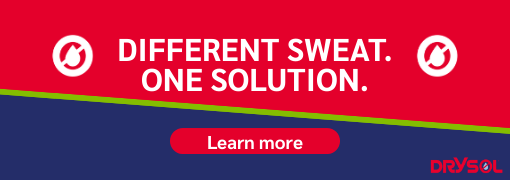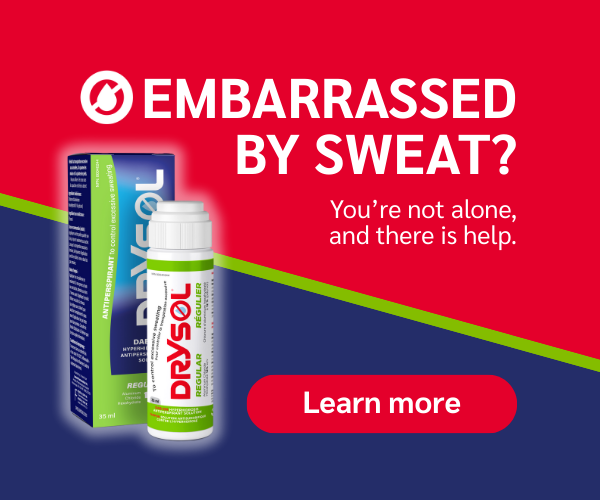How does this medication work? What will it do for me?
This medication belongs to a family of medications known as vaccines. It is used to prevent shingles for people over 50 years of age. Shingles is caused by the same virus that causes chickenpox. After a bout of chickenpox, the virus retreats to the nerves, where it lies dormant for years.
Shingles occurs when the virus becomes active again, causing a blistering rash and severe burning pain. The medication works by boosting the immune system to help prevent shingles. It does not treat shingles.
This medication may be available under multiple brand names and/or in several different forms. Any specific brand name of this medication may not be available in all of the forms or approved for all of the conditions discussed here. As well, some forms of this medication may not be used for all of the conditions discussed here.
Your doctor may have suggested this medication for conditions other than those listed in these drug information articles. If you have not discussed this with your doctor or are not sure why you are being given this medication, speak to your doctor.
What form(s) does this medication come in?
Zostavax is no longer being manufactured for sale in Canada and is no longer available under any brand names. This article is being kept available for reference purposes only. If you are using this medication, speak with your doctor or pharmacist for information about your treatment options.
How should I use this medication?
This medication is given as a single injection (0.65 mL) under the skin of the outside of the upper arm.
Many things can affect the dose of a medication that a person needs, such as body weight, other medical conditions, and other medications. If your doctor has recommended a dose different from the ones listed here, do not change the way that you are receiving the medication without consulting your doctor.
It is important that this medication be given exactly as prescribed by your doctor. If you miss an appointment to receive the vaccine, contact your doctor as soon as possible to reschedule your appointment.
This medication should be protected from light and stored in the refrigerator at a temperature of 2°C to 8°C or colder, until it is mixed to be used for injection. The diluent (fluid provided to mix up the vaccine) should be stored at room temperature or in the fridge.
Do not dispose of medications in wastewater (e.g. down the sink or in the toilet) or in household garbage. Ask your pharmacist how to dispose of medications that are no longer needed or have expired.
Who should NOT take this medication?
Zoster vaccine should not be used by anyone who:
- is allergic to zoster vaccine or to any of the ingredients of the medication (including gelatin)
- is pregnant
- has a weakened immune system (e.g., due to cancer, HIV/AIDS, problems with bone marrow, or other immune system problems)
- has active untreated tuberculosis
- has had a serious allergic reaction (hives, face swelling, difficulty breathing) to neomycin
- has active untreated tuberculosis
- takes immunosuppressant medications such as cyclosporine, tacrolimus, or high doses of steroids (e.g., prednisone, methylprednisolone) by injection or by mouth
What side effects are possible with this medication?
Many medications can cause side effects. A side effect is an unwanted response to a medication when it is used in normal doses. Side effects can be mild or severe, temporary or permanent. The side effects listed below are not experienced by everyone who received this medication. If you are concerned about side effects, discuss the risks and benefits of this medication with your doctor.
The following side effects have been reported by at least 1% of people receiving this medication. Many of these side effects can be managed, and some may go away on their own over time.
Contact your doctor if you experience these side effects and they are severe or bothersome. Your pharmacist may be able to advise you on managing side effects.
- diarrhea
- fever
- flu-like symptoms
- headache
- joint or muscle pain
- nausea
- rash
- redness, pain, swelling, itching, warmth, and bruising at the injection site
- respiratory infections (such as lung infections, sinus infections, or colds)
- shingles
- swollen glands near the injection site
- runny nose
- weakness
Seek immediate medical attention if any of the following occur:
- loss of facial muscle movements
- serious allergic reaction (e.g., hives, face swelling, difficulty breathing or swallowing)
- symptoms of Guillain-Barre syndrome (e.g., abnormal sensations, muscle weakness, tingling in the arms, legs or upper body)
Some people may experience side effects other than those listed. Check with your doctor if you notice any symptom that worries you while you are taking this medication.
Are there any other precautions or warnings for this medication?
Before you begin taking a medication, be sure to inform your doctor of any medical conditions or allergies you may have, any medications you are taking, whether you are pregnant or breast-feeding, and any other significant facts about your health. These factors may affect how you should use this medication.
Illness with fever: If you have an illness with fever, talk to your doctor about whether you should receive the vaccine.
Length of protection: It is not known if the vaccine will protect from shingles for longer than 4 years.
Pregnancy: No studies have been done to determine the effect of this medication on the developing baby or mother if it is given during pregnancy. Naturally occurring varicella-zoster infection is known to cause harm to the unborn baby. This vaccine should not be used during pregnancy. Women should not become pregnant for at least 3 months after receiving this vaccine.
Breast-feeding: It is not known if zoster vaccine passes into breast milk. If you are a breast-feeding mother and are taking this medication, it may affect your baby. Talk to your doctor about whether you should continue breast-feeding.
Children: This medication is not recommended for children.
What other drugs could interact with this medication?
There may be an interaction between zoster vaccine and any of the following:
- acetaminophen
- acyclovir
- azathioprine
- corticosteroids taken by mouth (e.g., high doses of prednisone, methylprednisolone)
- famciclovir
- fingolimod
- leflunomide
- mercaptopurine
- methotrexate
- medications that weaken the immune system (e.g., medications for cancer or organ transplants, multiple sclerosis, rheumatoid arthritis, and inflammatory bowel disease)
- tuberculin tests
- certain other vaccines
- valacyclovir
If you are taking any of these medications, speak with your doctor or pharmacist. Depending on your specific circumstances, your doctor may want you to:
- stop taking one of the medications,
- change one of the medications to another,
- change how you are taking one or both of the medications, or
- leave everything as is.
An interaction between two medications does not always mean that you must stop taking one of them. Speak to your doctor about how any drug interactions are being managed or should be managed.
Medications other than those listed above may interact with this medication. Tell your doctor or prescriber about all prescription, over-the-counter (non-prescription), and herbal medications you are taking. Also tell them about any supplements you take. Since caffeine, alcohol, the nicotine from cigarettes, or street drugs can affect the action of many medications, you should let your prescriber know if you use them.
All material copyright MediResource Inc. 1996 – 2025. Terms and conditions of use. The contents herein are for informational purposes only. Always seek the advice of your physician or other qualified health provider with any questions you may have regarding a medical condition. Source: www.medbroadcast.com/drug/getdrug/Zostavax


